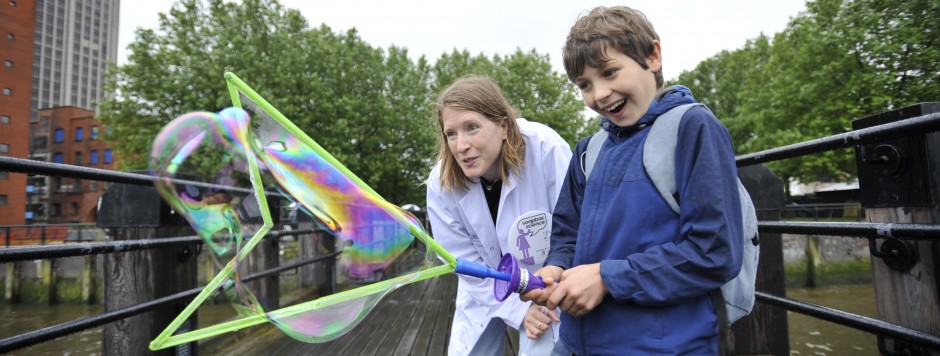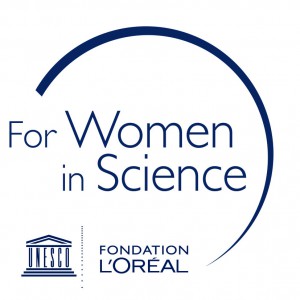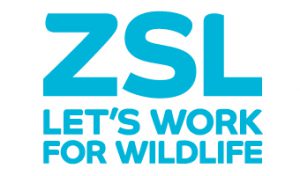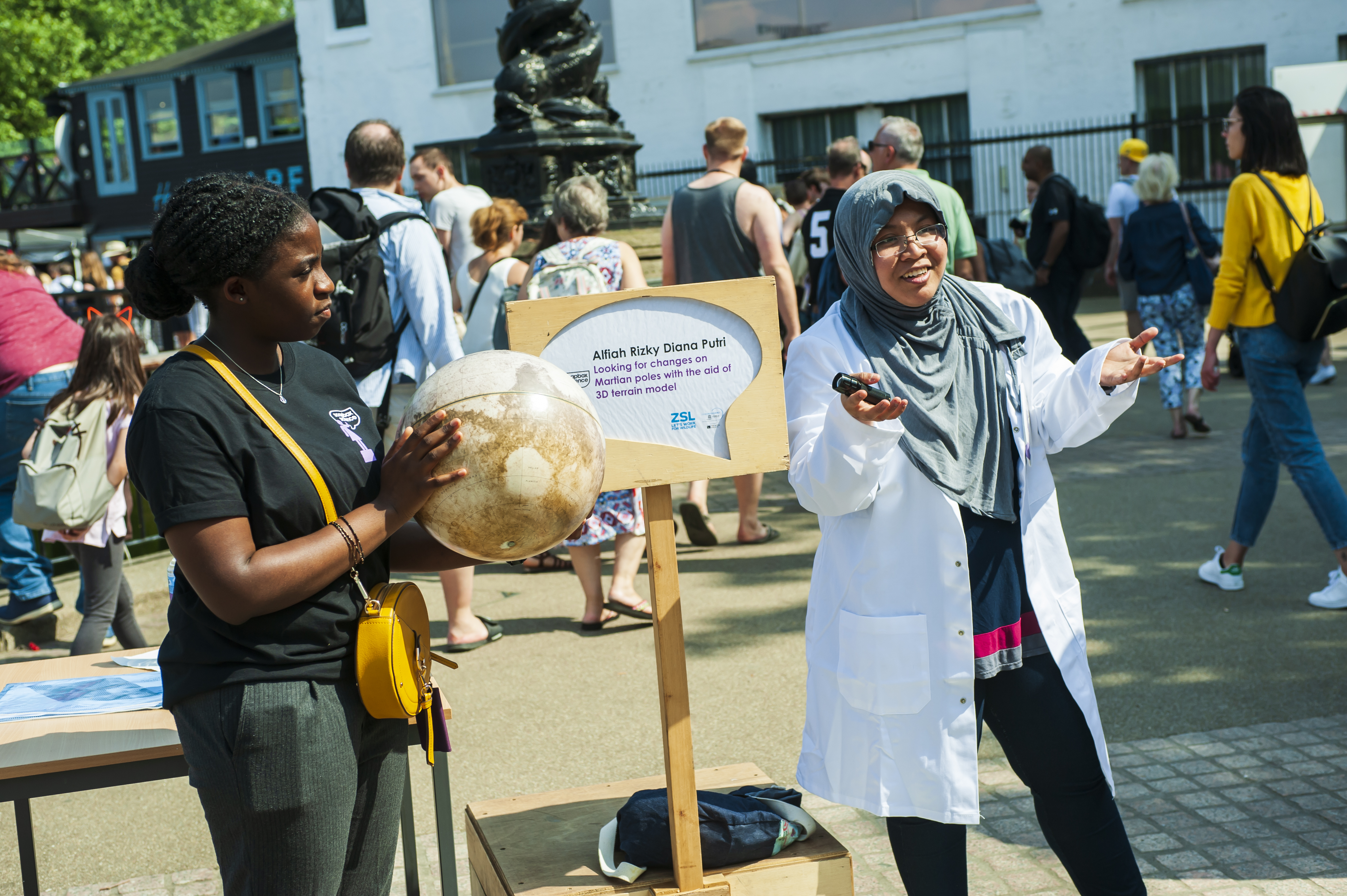 On the 25th of May 2019, 2-5pm, London’s Southbank will transform again into a hub of scientific learning and discussion, as some of London’s leading scientists take to their soapboxes to showcase their science to the general public. The event’s mission remains the same: to help eliminate gender inequality in science by raising the profile, and challenging the public’s view, of women and non-binary people in science. The event is free. If you’d like to see what Soapbox Science looks like in action, have a look at the Soapbox Science 2015 video
On the 25th of May 2019, 2-5pm, London’s Southbank will transform again into a hub of scientific learning and discussion, as some of London’s leading scientists take to their soapboxes to showcase their science to the general public. The event’s mission remains the same: to help eliminate gender inequality in science by raising the profile, and challenging the public’s view, of women and non-binary people in science. The event is free. If you’d like to see what Soapbox Science looks like in action, have a look at the Soapbox Science 2015 video
Sponsors

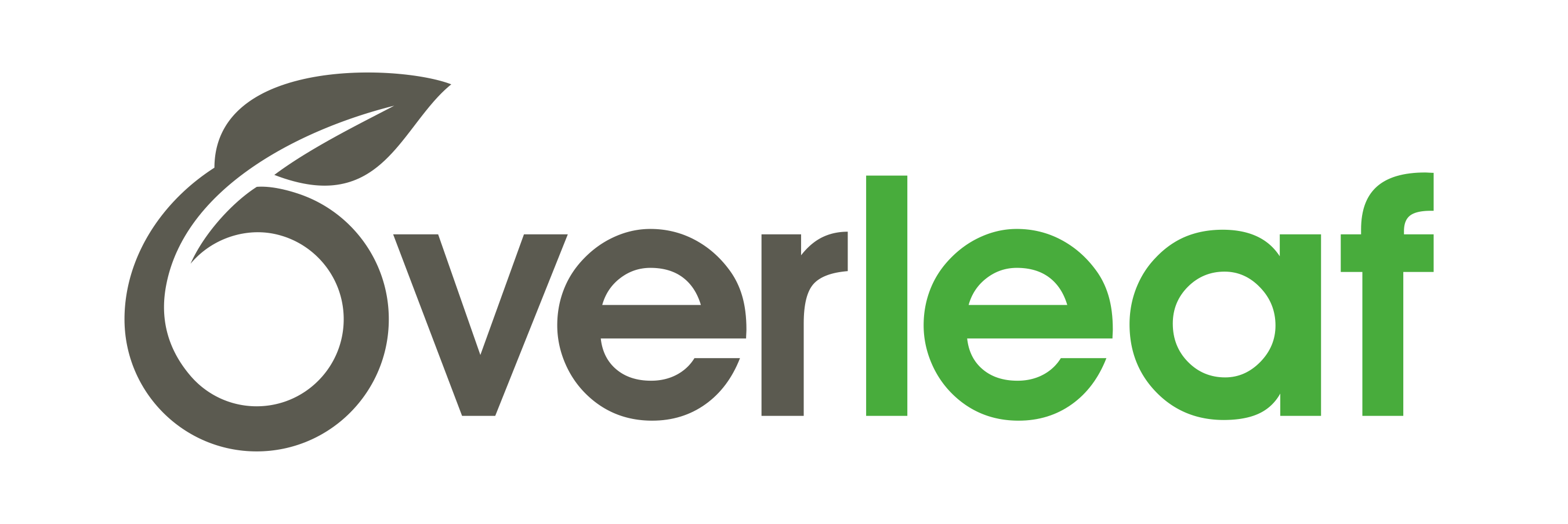
We couldn’t run this London event without the generous logistical and financial support of our sponsors. Our London events have been supported from the start by the L’Oreal UNESCO For Women In Science Scheme and the Zoological Society of London. This year’s London event is sponsored by UCL and Overleaf.
Read the blog by Overleaf here
Details of the location and timing of the event
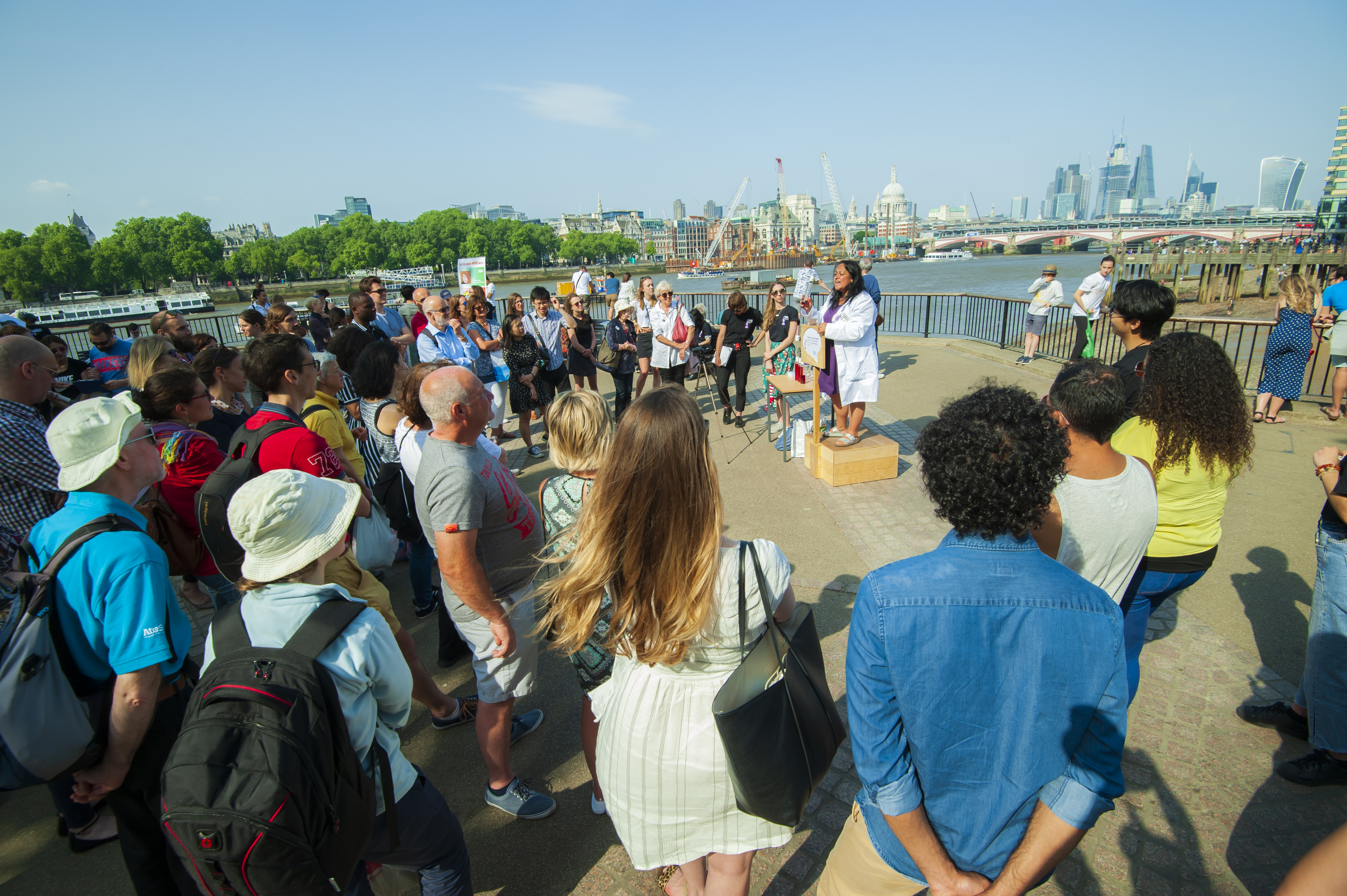 Date: Saturday 25th May 2019
Date: Saturday 25th May 2019
Address: Observation Point, Riverside walkway (by Gabriel’s Wharf)
South Bank, London, SE1 9PP
Time: 2pm – 5pm
Volunteer with Soapbox Science London
Are you passionate about science and love talking to people about it? Do you want to help raise awareness about gender equality in science careers? Soapbox Science London is looking for volunteers to help out at their event on 25th May 2019!
Soapbox Science is not just about the speakers. Without a supportive team of committed, enthusiastic people, a Soapbox event simply cannot happen. Each event relies on an animated team of up to 20 volunteers.
Join us for an afternoon of fun, informal and inspiring science and help challenge ideas about who can be a scientist!
Find out more and sign up here
Speakers
Selected from a competitive pool of researchers, our 12 speakers will be sharing their work in technology, science, medicine and engineering. The speakers and their discussion topics are:
Professor Frances A Edwards, University College London “It takes two to tangle; scientists trying to understand Alzheimer’s disease”
Henrike Schulte to Bühne (@henrike_stb), Zoological Society of London/Imperial College London “Big Brother Ecology: How satellites help us understand the natural world”
Dr Eleanor Jennings (@EJennings_geo ), Birkbeck, University of London “Giant impacts and magma oceans: Learning about the Earth’s formation through experiments on tiny planets”
Dr Danielle Solomon (@df_solomon), Institute for Global Health, University College London “Using research to understand sexual health”
Valentina Marconi (part of @LPI_Science), Zoological Society of London “Crunching the numbers of biodiversity”
Dr Ameenat Lola Solebo (@lolaeyedoc), UCL GOS Institute of Child Health and NIHR Moorfields BRC “Improving outcomes for children with rare eye disease”
Kathryn Coldham (@Kathryn_Coldham), Brunel University London “How is the Large Hadron Collider at CERN being used to learn more about the top quark?”
Dr Sudaxshina Murdan (@sudaxshina), School of Pharmacy, University College London “Medicines for nails: varnish? Patch? UV gel? What would you choose?”
Theresa Robinson (@snorkel_maiden), Zoological Society of London/University of Reading “Three’s a crowd? Mating system diversity in the Mauritius Fody”
Eugenia Pyurbeeva (part of @lab_mol), Queen Mary University of London “Heat engines: from steam trains to using quantumness as a resource”
Dr Jana Hutter (@janahutter), King’s College London “Physics and Placentas – unexpected colorful connections!”
Dr Dilek Ozgit Butler (@dozgit), Zinergy UK LTD “The power behind next generation consumer electronics”
Discover our 2019 speakers:
[print_gllr id=6908]
